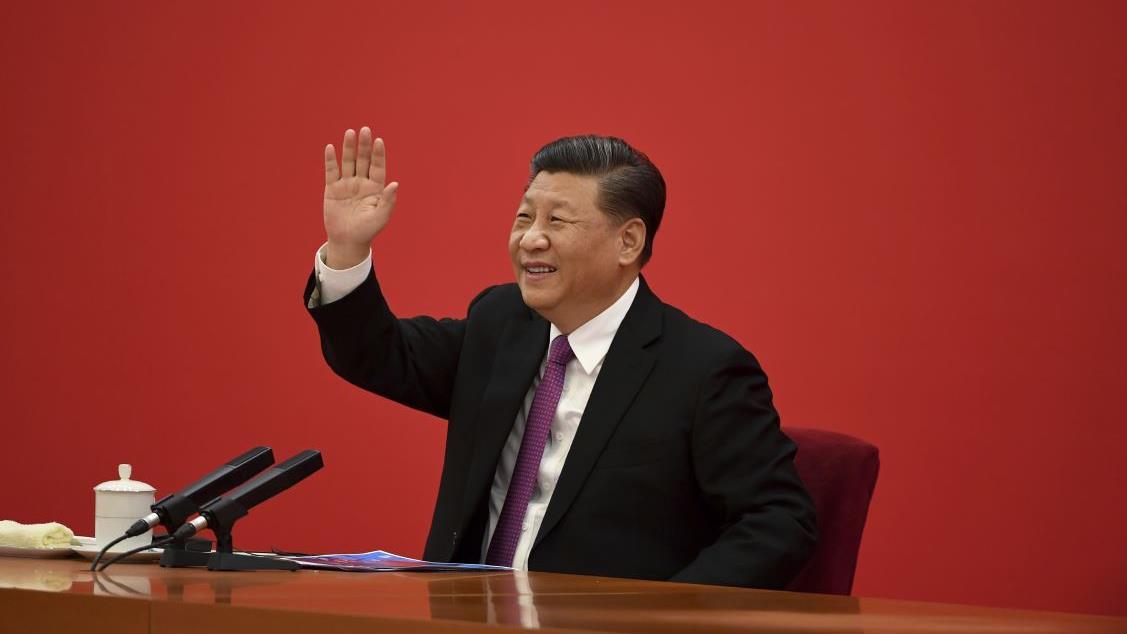US trade gap narrows 7.6% to $47.2B in October
Mainstream economists say the trade deficit reflects an economic reality that doesn’t yield much to changes in government policy
WASHINGTON — The U.S. trade deficit narrowed in October as imports fell faster than exports. The politically sensitive trade gap with China dropped.
The Commerce Department said Thursday that the gap between what America sells and what it buys abroad dropped 7.6 percent to $47.2 billion in October. Imports tumbled 1.7 percent to $254.3 billion on reduced purchases of foreign oil, cars and auto parts and pharmaceuticals. Exports dipped 0.2 percent to $207.1 billion on a drop in sales of soybeans and aircraft engines.
The deficit in the trade of goods with China narrowed by 1.1 percent to $31.3 billion in October and is down 14.6 percent so far this year. The goods deficit with Mexico dropped 1.4 percent to $8.8 billion but is up 28 percent so far in 2019.
CHINA SAYS US TRADE DEAL MUST COME BEFORE 'DESTRUCTIVE FORCES' RUIN TALKS
President Donald Trump, declaring persistent trade deficits a sign of U.S. economic weakness, has slapped taxes on imported steel and aluminum and hundreds of Chinese goods and has sought to replace a North American free trade pact that he says puts U.S. factories at a disadvantage to low-wage plants in Mexico. Congress has yet to ratify the revamped version he negotiated last year with Mexico and Canada.
The trade gap is still 1.3 percent wider so far this year than it was in January-October 2018, despite dropping in September and October.
Mainstream economists say the trade deficit reflects an economic reality that doesn’t yield much to changes in government policy: Americans consume more than they produce, and imports fill the gap.
GET FOX BUSINESS ON THE GO BY CLICKING HERE
A strong dollar is another consistent obstacle to more balanced trade. The American currency is widely used in international business transactions and is therefore in high demand, propping up its value and putting American exports at a price disadvantage in world markets.
In October, the United States ran a $68 billion deficit in the trade of goods such as autos and appliances. But it ran a $20.8 billion surplus in services, including education and banking.




















